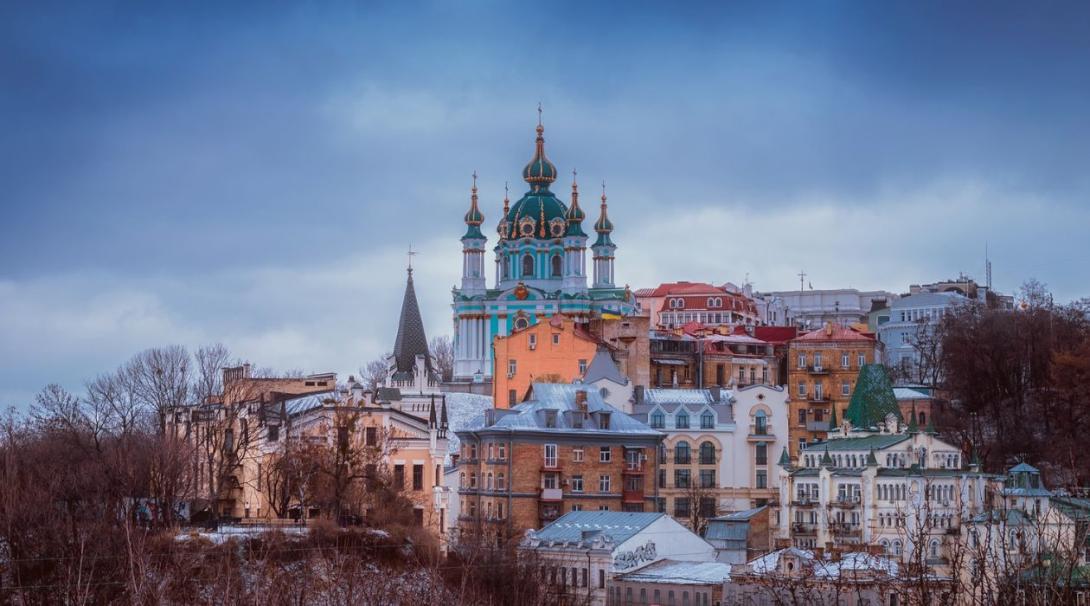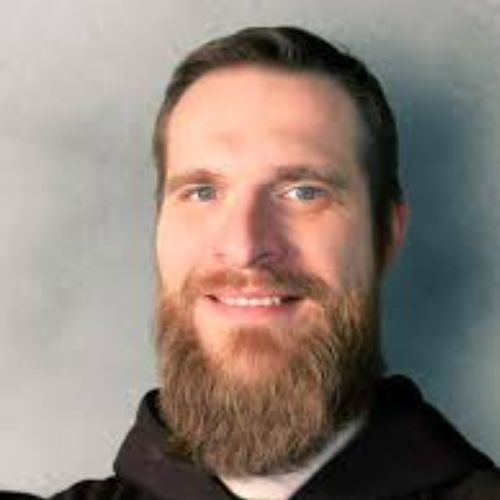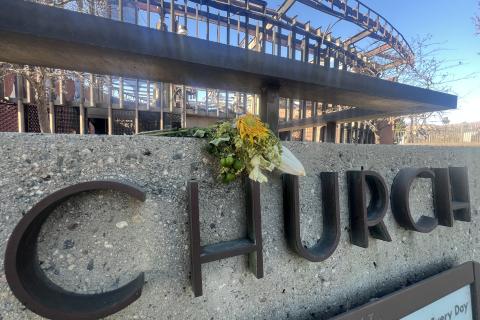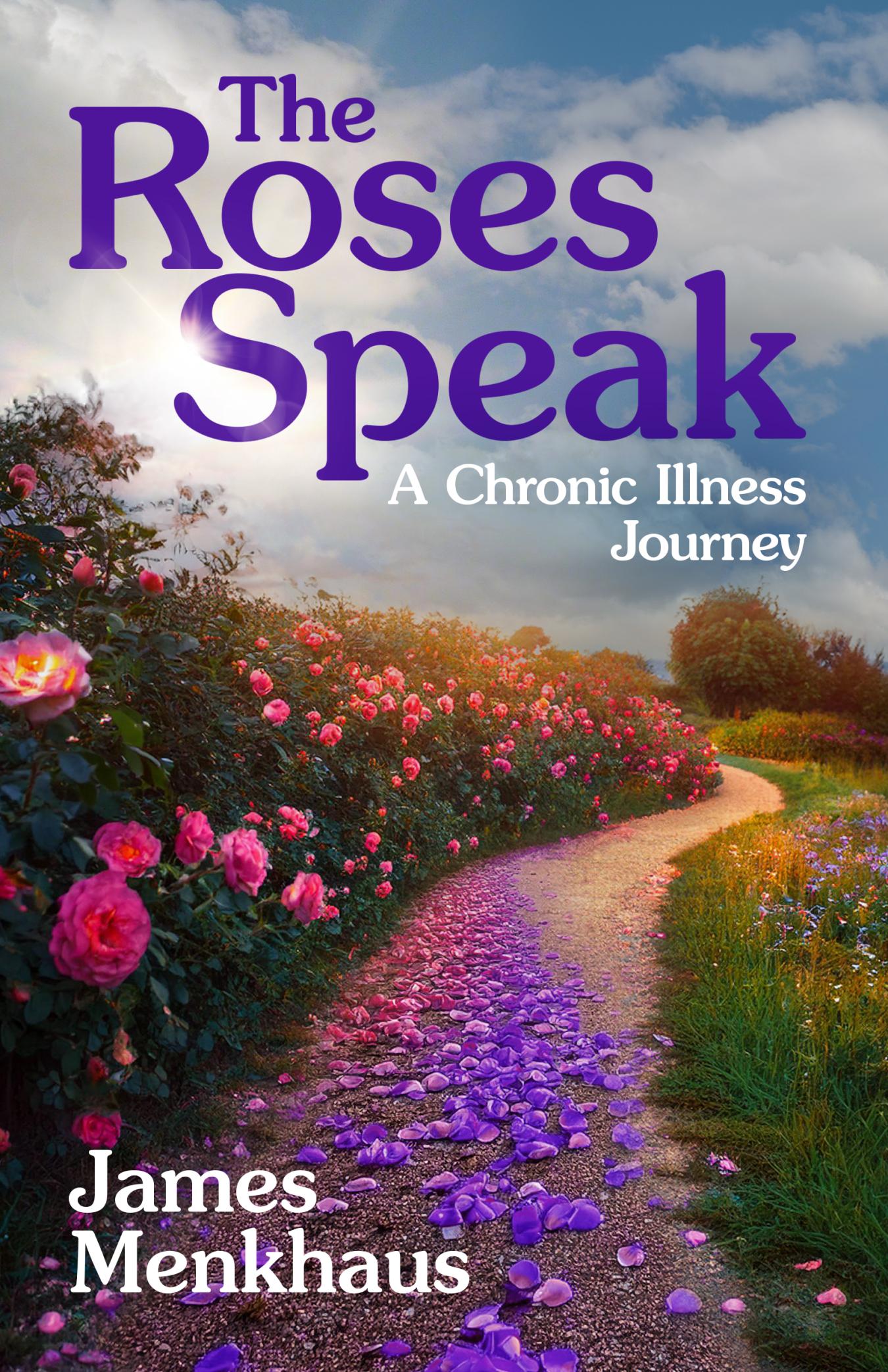
Church in Kyev, photo by Pixabay
A Capuchin friar took his vacation visiting friends in Ukraine earlier this month, and describes what he saw.
I used to go to Ukraine every year for icon painting classes. The last time was in 2019, just before moving to America. The world was different, then. Things changed dramatically on February 24, 2022, when Russia began a full-scale invasion (people in Ukraine often emphasize the “full-scale” aspect of it, as the actual war began in 2014).
When I started planning my vacation for this year, it was clear I had to try to go again. For many people in America this war feels far, far away, especially now, almost two-and-a-half years later. For me, the war has faces of people I know, of friars and artists I know.
Brother Adam is one of the friars of the Custody of Ukraine and Russia (the last part of its name is barely ever used in the days, for obvious reasons), in Krakow, Poland. He is also one of my former icon painting teachers. We choose to drive a scenic route through southeast Poland and eastern Slovakia into Ukraine.
When we arrived at the Slovak-Ukrainian border crossing in Ubl’a/Malyi Bereznyi, I knew the place. Last time, in 2019, it took me four hours to cross, there, so I was prepared for an even longer wait this time. But there was only one car being processed before us. Very few people travel to Ukraine these days. And there was also only one car trying to leave the country, to enter the European Union.
Brother Adam noticed my confusion. “That’s because of the new mobilization law,” he said. It requires all Ukrainian men between the ages of 18 and 60 to register with the military and always have their documents on them.
A few miles behind the border, we were pulled over. Brother Adam is a Polish citizen, so they let us go quickly. In the early days of the war these checkpoints were used to find separatists collaborating with Russian militaries. Now their goal is mainly to find potential soldiers, Ukrainian men trying to live their life.
It’s only about twenty-five miles from there to Uzhhorod, our first stop, and a city that I know very well. This is where I studied at Eikonon Schole, an iconography school of the Greek Catholic Eparchy of Mukachevo and the Ukrainian Capuchins. I noticed dozens of new apartment buildings, and even more under construction. That’s not what I was expecting from a country at war, but it actually makes sense. Uzhhorod and the whole region of Zakarpattia is considered the safest place in Ukraine. It’s at the borders of Slovakia, Hungary, and Romania, far from any other major Ukrainian city, separated from the rest of the country by the wild Carpathian Mountains, and it lacks any strategic military facilities.
Uzhhorod has not heard an explosion since the beginning of the full-scale invasion and so it quickly became attractive for domestic refugees from the East. Zakarpattia has been struck by Russian missiles only once, when they hit a substation near the train station in Volovets on May 3, 2022. But many in Uzhhorod don’t know about that. Local media didn’t mention it. It would have been too dangerous for the booming real estate market.
“Should we stay or leave?” Those first weeks of the war were full of the worst acts of violence, real massacres of the Ukrainian people.
Still, while staying there I hear air raid alerts three times every day. There were scheduled blackouts every evening between 8 and 11 p.m. At first, I was shocked to see people not reacting to the sirens, but in a few days I learned to ignore them too. It’s impossible to constantly live in fear.
We visited a few friends at the local seminary. “This is Brother Thomas. He came from America.” Every time Adam said the word “America” people’s eyes filled with light. They thanked me for the support. One older woman started crying, almost like she’d seen a messiah. Some people spoke very directly, “We’re still alive only because of your money and arms.” They know they have no chance against Russia without help from the West. But it’s not even about winning or losing a war. It’s about life or death.
Our next stop was Krasyliv, a small city of 18,000 in Khmelnytskyi Province. There I met three Capuchin Sisters of the Heart of Jesus (a fairly small congregation that originated in Sicily: Malgorzata, Olga, and Aleksandra). They all came from Poland in late 2021, just a few months before the beginning of the full-scale war. It was supposed to be an experiment, their first small community in Ukraine. On February 24, 2022 they had to ask an important question, “Should we stay or leave?” Those first weeks of the war were full of the worst acts of violence, real massacres of the Ukrainian people. The Sisters decided to stay—but they continue asking the same question each day. In fact, next month is their general chapter in Rome, where Sisters from all around the world will decide the future of this “experiment.”
Fr Thomas with three Capuchin Sisters of the Heart of Jesus from Krasyliv
Olga told me how she recently woke up early because of an air raid alert. She went to a window in their kitchen. A few seconds later, there was a huge explosion. Krasyliv is only fifteen miles from one of two of the most important Ukrainian military air bases, in Starokostyantyniv.
We next visited the Capuchins in Starokostiantyniv. There are only two friars currently living there, with a third very ill and often away from the monastery. There’s a big shelter underneath with thick, old walls offering protection. That shelter is open 24/7. People from the town may come whenever they don’t feel safe.
I see many Wi-Fi routers in the shelter. “It’s important for people to be able to stay in touch with their loved ones, especially when they hide here for long periods and lose track of time,” one of the friars explained. That made sense. People don’t just fear for their own lives, but for family members who are elsewhere.
Our last stop is Kyiv, the capital of Ukraine and a big city of 3.5 million. I was there once before, in 2017. We arrived at our friary on the east bank of the Dnipro River, and soon I heard an air raid alert. One of the friars told me how, two years ago, a part of a missile fell right next to a residential building a few hundred feet away from the friary. “You can still see marks of that explosion on the building and the street itself,” he says.
All windows on that side of the monastery shattered. The shockwave pushed one of the windows into the church. But both the friary and the church look fine now.
In the social/living/dining room, I noticed a LED strip hanging from the ceiling with simple clamps attached to the end of its wire. I’m told the friars would attach it to a car battery and use it as an emergency light before someone donated a generator. The battery is now gone, but the LED strip remains.
“You can still see marks of that explosion on the building and the street itself”
On my last day in Kyiv, I woke at 2 a.m. I never slept well in Ukraine. I woke up at any ever-so-loud noise. This time it was a thunderstorm—one of the heaviest I’ve ever experienced, and I couldn’t fall back to sleep. A couple hours later I heard sirens and then loud thunder again. I felt like I saw flashes of bright light over and over. Lightning, I thought. Then I heard more alarms.
Before the morning mass, one the friars joked in the sacristy, “How did you like the shelling? Right on time before your departure.” I asked what he meant. It turns out what I’d experienced wasn’t only a thunderstorm but a massive Russian attack on Kyiv. Ukrainian air defense forces said they shot down five out of six missiles, including a hypersonic Kinzhal missile, and all twenty-four of the Russian drones. Many ordinary Ukrainians now know the type of missiles just by hearing the sounds they make.
Soon, it was time for me to leave. On the night train from Kyiv to Warsaw, somewhere in the middle of nowhere, I texted with Br. Serhii, custos of Ukrainian Capuchins. I didn’t have a chance to say goodbye to him because in the middle of all the mayhem of his life in this insane time he suddenly had a chance to visit his parents.
When the train finally arrived at the Polish border, back in the European Union, it was still dark. I knew the war was behind me. There would be no more air raid alerts. No more missiles. And yet something had changed for me. I would continue to remember the people, their names and their faces.













